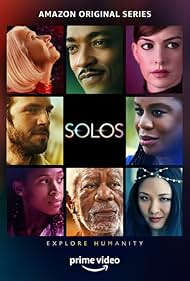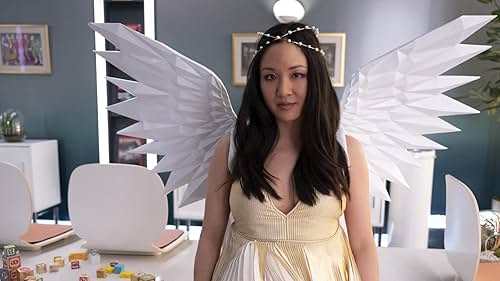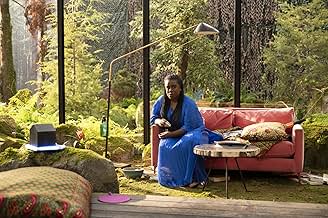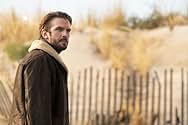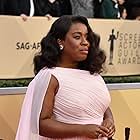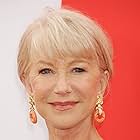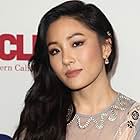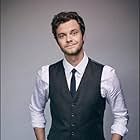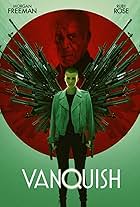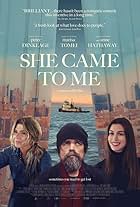The themes that echo through each episode, and there are so many, are perfectly timed and toned for an "almost at the end" pandemic release.
While Solos is an anthology-style series, it is not a series of standalone episodes. It is a comprehensive mini-series telling a single, self-contained story with a specific ending.
The writing is really stellar, and the acting is superb, both of those skills coming together to create something that is a series of monologues that rarely feel monologue-ish.
I'd love to go over each of the themes but it would get spoilerish, but I can say that for those who get this and understand what they were doing with it, the themes are poignant and meaningful and deeply emotional.
The tie-together at the end is almost perfect, except that the episode "Nera" is only vaguely referenced, and also didn't seem to share a mini-connection to any of the others, as the rest of the episodes all seemed to do. It is the most isolated of all of the episodes and has had me rewatching and pondering why. Was it editing that removed its connection from the rest or was it intentional? There is so much about it that doesn't fit with the rest. It does contain nearly all of the themes, but it has a really strong "one of these things is not like the others" feel all the way through it.
The final episode is so rich and full of meaning and reference... it's astounding. The acting is perfect. Morgan Freeman's subtle face changes are brilliant.
I think my favorite episode is the one featuring Constance Wu. The emotional journey she takes us on is a gut punch. It is also the first episode that really gives us a clue as to what is happening on the larger scale.
I loved the re-use of specific language in different settings, with different meanings, but meant to echo back to the things we'd previously seen, sometimes casting new light on them and bringing out different understanding.
Two things to watch for that you might not think of on the first watch: 1: listen to the narration Morgan Freeman gives for each episode. Once you realize he's not just a narrator but a character, and what his role is in relation to all of them, the narration takes on new meaning. 2: look at the pictures they selected to fill the letters that open each episode.
Oh, and this is not Black Mirror. It's not meant to be anything like Black Mirror. Comparing it to Black Mirror is like comparing ET to Arrival. Just because they're both sci fi and anthology series doesn't mean they're both apples. You can enjoy both equally without trying to compare them to one another.
